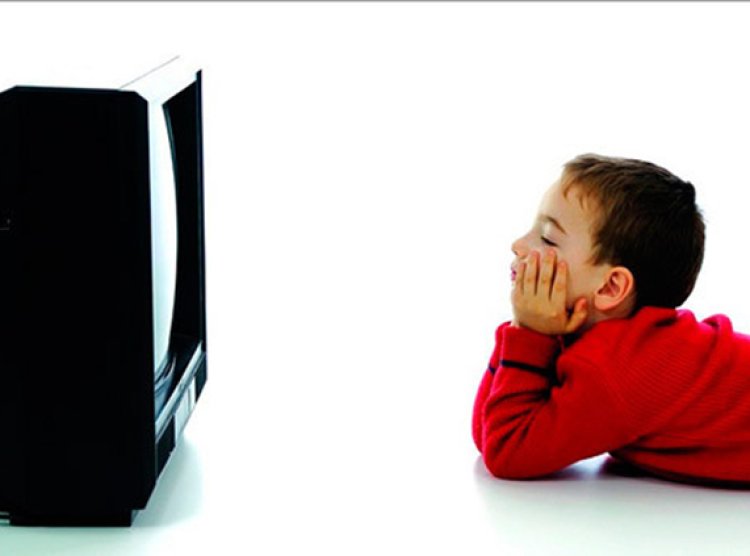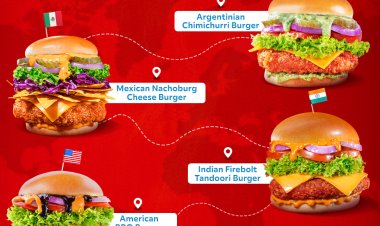Kids' advertisements: Should brands learn self-control?
Following the WHO's request for restrictions on the promotion of junk food, brand experts advise businesses to proactively evaluate advertising messaging and media selections and to be transparent in their communications.

The World Health Organization (WHO) recently issued a warning urging nations to take necessary measures to restrict the marketing of foods with high levels of saturated and trans fats. The Department of Consumer Affairs and the Ministry of Women and Child Development have also been considering restrictions on junk food advertisements, particularly those directed at children, in light of the rising rates of childhood obesity and adolescent prediabetes.
According to the WHO, aggressive junk food promotion contributes to the rise of non-communicable diseases like diabetes, obesity, and heart disease. The international organization has pushed for the adoption of complete legislation that restrict the promotion of unhealthy foods, promote the consumption of healthier foods, and create environments that allow individuals to make informed dietary decisions.
The Central Consumer Protection Authority (CCPA) published rules for advertising on children's channels in June 2022. "An advertisement for junk food, including chips, carbonated beverages, and such other snacks and drinks, shall not be made during a program intended for children or on a channel intended exclusively for children," the FTC's advertising policy states.
Time to pay attention?
We consulted industry professionals to learn how they planned to effectively communicate while raising awareness among their target audience because the junk food or snack category contributes significantly to the advertising and marketing space.
According to Samit Sinha, managing partner of Alchemist Brand Consulting, "Tobacco brands freely promoted during the majority of the 20th century, up until there was irrefutable proof of its harmful effects on health. Only then did tobacco advertising across the globe begin to face progressively stricter prohibitions, to varied degrees.
Sinha believes that brands should begin self-regulating. "With GDP and population growth, India is quite vulnerable to a large-scale health crisis that is unavoidable with the increase in junk food consumption, particularly among children, who are soft targets and easily influenced by advertising."
"The first regulations came about 15 years ago when advertisers started targeting kids because they have the pester power," said Chandramouli Nilakantan, CEO of TRA Research, agreeing that it is time to take notice of the health alerts. It is past time to put an end to deceptive advertising. The truth is that every brand should conduct clinical trials to demonstrate that the food performs what it says. The regulator has taken a positive step, and it is a necessary one."
What should companies do?
"If the brand is open to say that this is junk," says Shradha Agarwal, CEO of Grapes, "as an audience, I am fine because I know what I am feeding my children." However, speaking inappropriate things is incorrect. You maintain clarity while advertising as much as you wish. Cigarettes have warnings on their packages, but it is the consumer's choice; similarly, brands should clarify things and allow consumers to choose."
"Before the inevitable crackdown, brands should start proactively self-regulating their advertising messages and media choices to avoid targeting minors, who tend to be the most impressionable consumers." This will also help them to be seen as responsible corporate citizens. However, because it is all about nuances, this is easier said than done. Furthermore, there is a razor-thin line between what is safe and acceptable and what is undeniably ill."
According to Chandramouli, "brands should prioritize function over form."
According to industry observers, such regulations will assist the government, customers, and companies in telling their stories without getting into difficulty.

 Sumit Rawat
Sumit Rawat 










